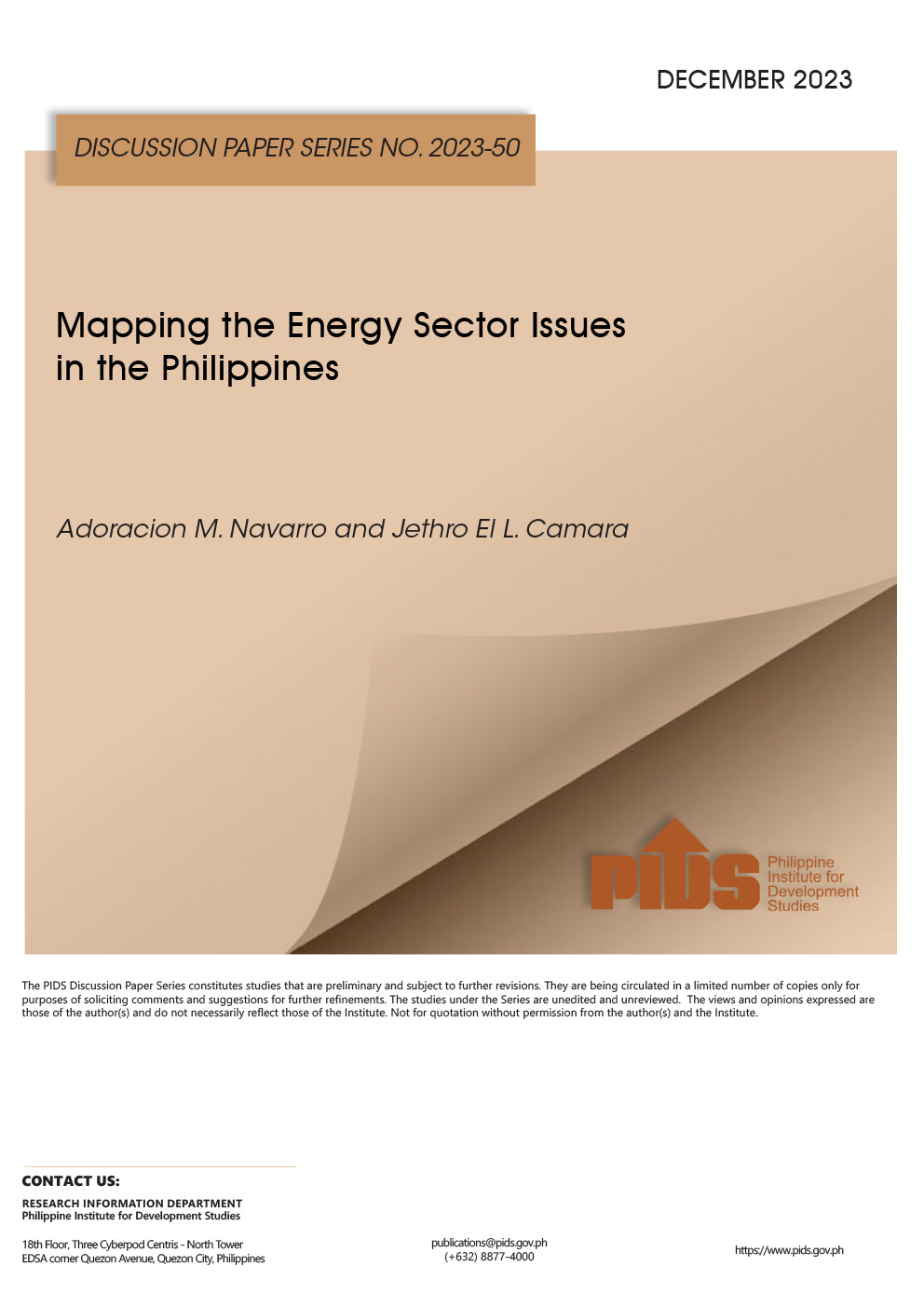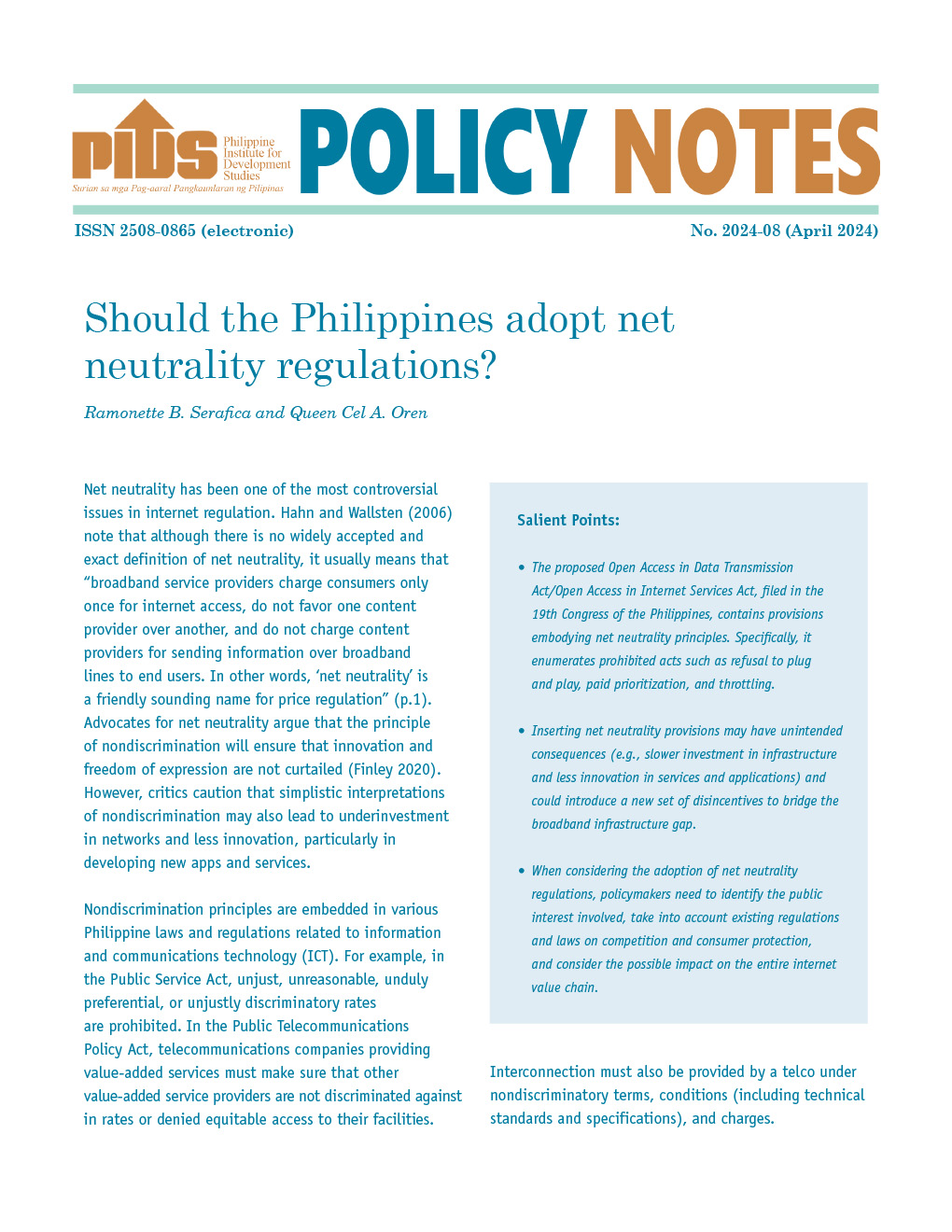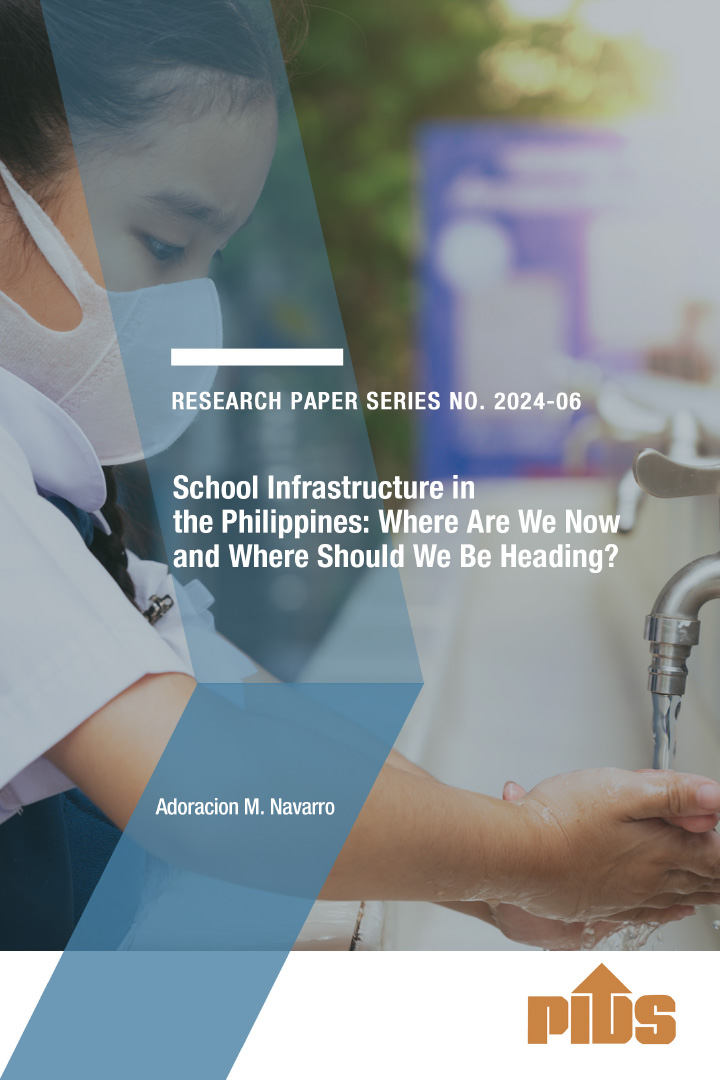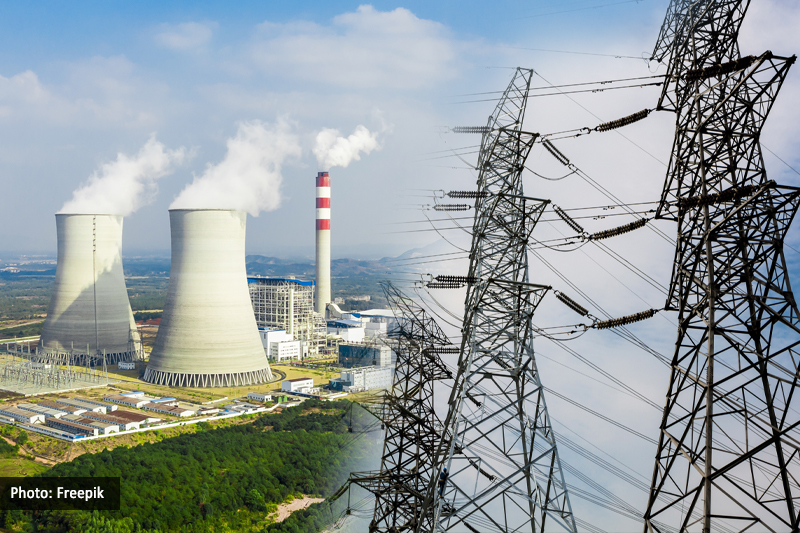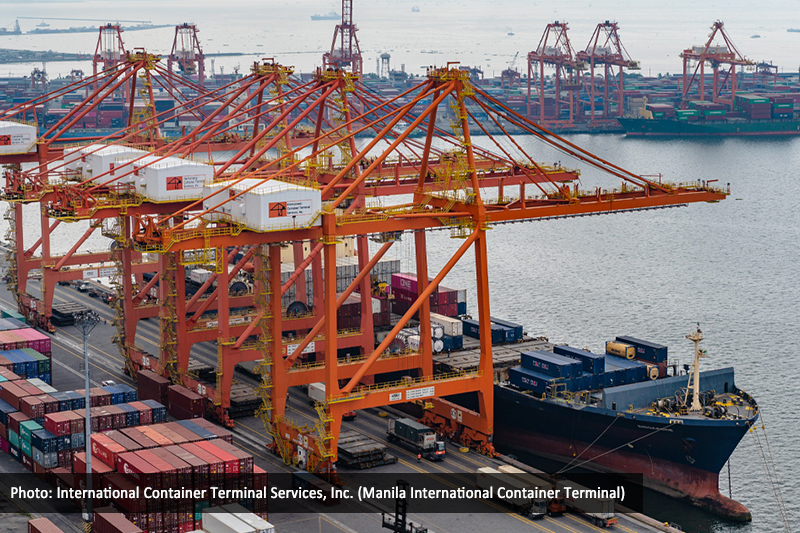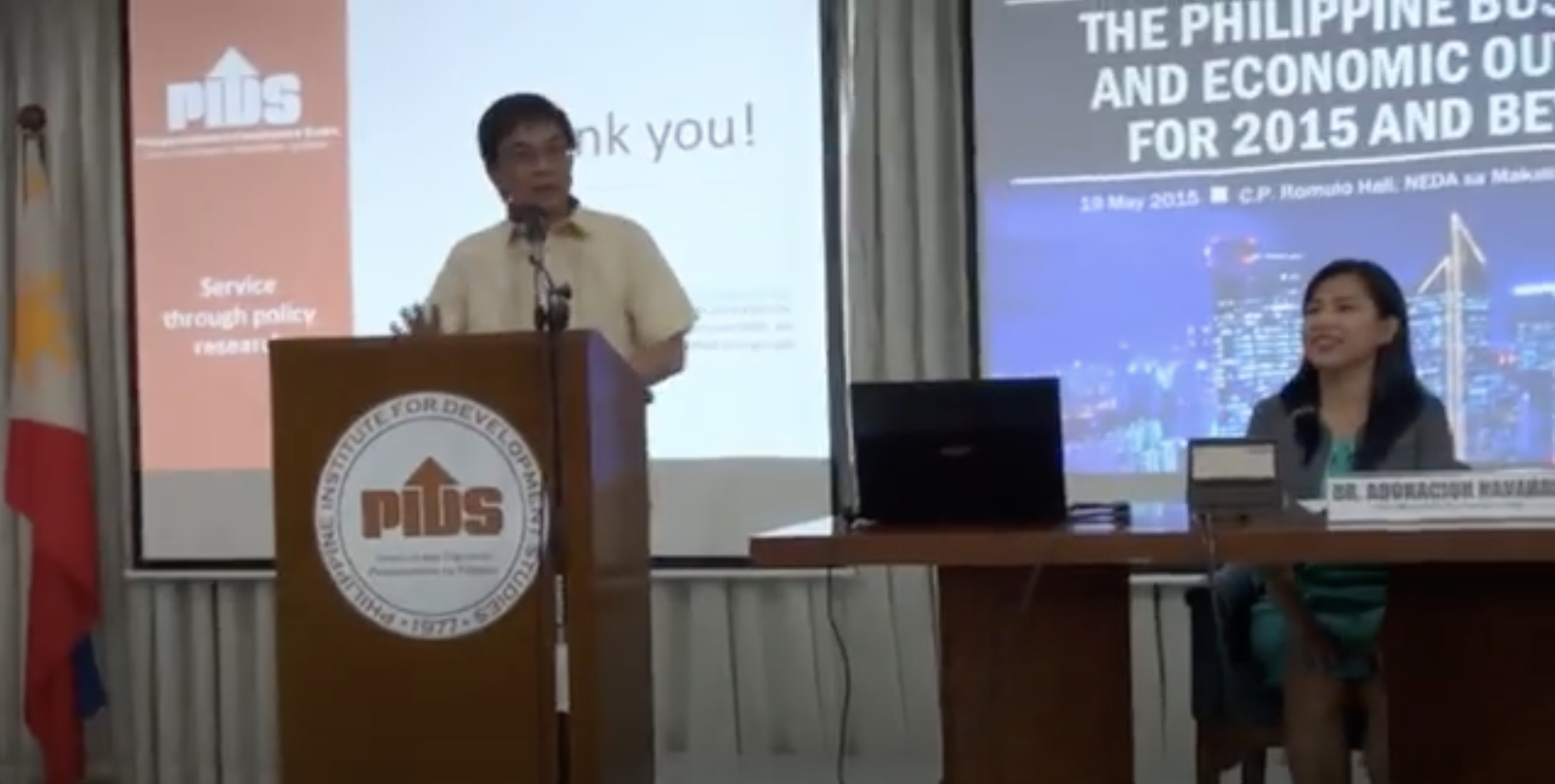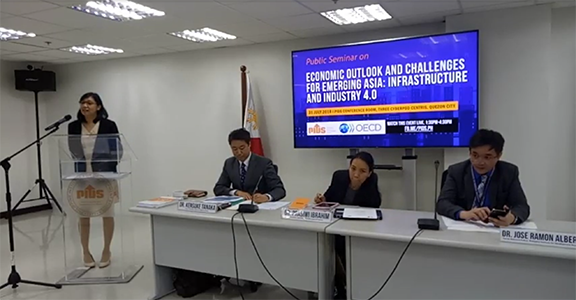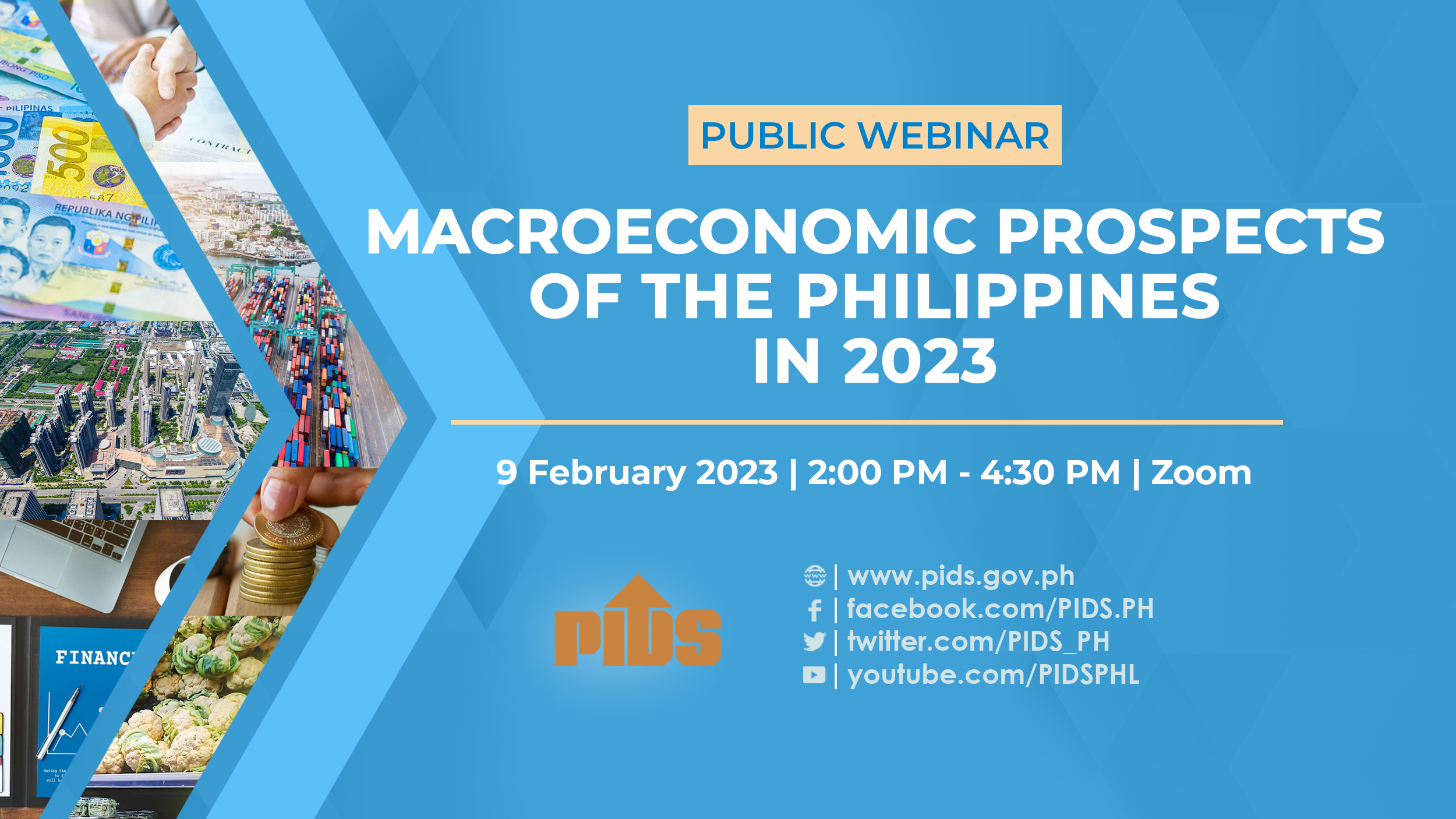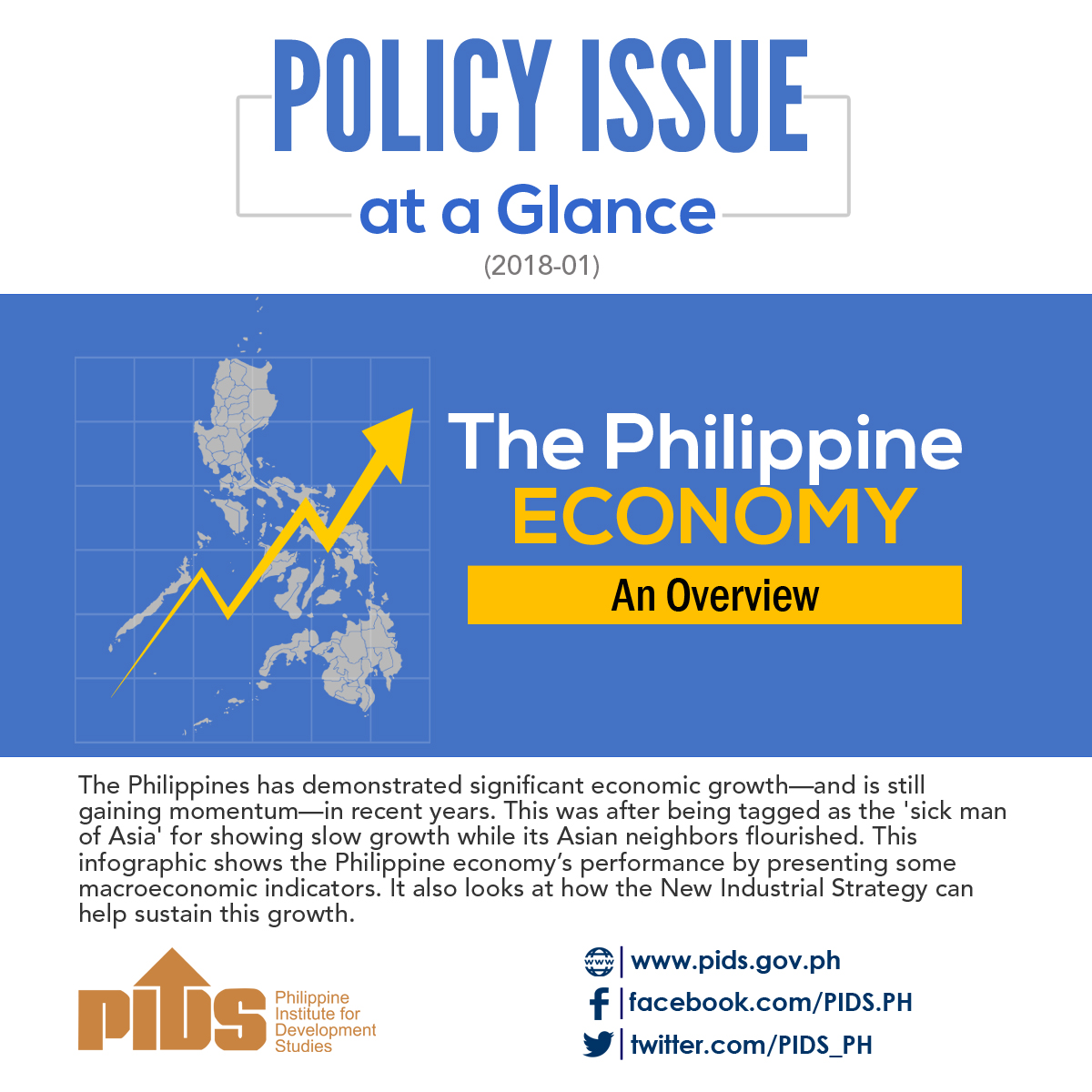The national and international crises caused by the coronavirus disease 2019 (COVID-19) pandemic, the Russia-Ukraine war, the economic slowdown in China, and the threat of economic recession should not be perceived as defining downturns in the second decade of the 21st century.
Instead, crises should be catalysts for change and development in small and big states alike.
As the Philippine economy expanded by 8.3% in the first quarter of 2022, headline inflation accelerated from 4.9% in April 2022 to 5.4% in May 2022, according to the Philippine Statistics Authority (PSA).
This inflation issue was earlier reflected in the findings of a PULSE Asia survey in March where almost 6 out of 10 Filipinos (58%) cited controlling inflation as their top-of-mind economic concern. This was followed by other concerns like increasing the pay of workers (43%), creating more jobs (31%), reducing the poverty of many Filipinos (31%), and fighting graft and corruption in government (26%).
Amid the continuing health situation, and aside from the record-high debt of over P12.7 trillion, which ballooned in the height of the pandemic, food security has also become a major concern as the global supply chains have been disrupted.
The inaugural address of President Ferdinand “Bongbong” R. Marcos, Jr., on June 30 is perceived to have been influenced by the said economic and developmental challenges. Apart from overemphasizing the call for unity and reliving past government practices and policies from almost 60 years ago, he devoted some time to mentioning the economic sectors and issues that need to be prioritized by his administration.
As such, and to recognize the need to achieve stable growth in the new normal, Mr. Marcos briefly discussed specific sectors and issues including agriculture, food sufficiency, OFWs (overseas Filipino workers), teachers’ upskilling and improvement of basic education, the energy supply, infrastructure plan, the need for investments, pollution, climate change, pandemic management, upgrading of the healthcare system, and tourism.
Above all, there was the resounding pronouncement of a “comprehensive, all-inclusive economic plan” and the process where “agile, resilient republics are made.” Given a developing and polarized society, these are the two most important developmental aspects stated by the president.
However, revivifying the economic potential and capacity of the country will have to be done in the context of financial, economic, and institutional problems that we have to face in the next six years and the decades to come.
It is also in this spirit and motivation of synergizing political, economic, and social efforts toward change and recovery and catalyzing enlightened public discourse that the Stratbase ADR Institute published its book entitled Beyond the Crisis: A Strategic Agenda for the Next President.
This book presents 16 policy studies from experts, practitioners, and thought leaders and proffers evidence-based and actionable policy recommendations in the pillars of foreign policy and security, economy, social inequality, food security, climate change, and governance.
In one of its chapters entitled “Building Back Better towards Inclusive Growth with Innovative Public Sector Governance,” Dr. Charlotte Justine Diokno-Sicat aptly expounds how innovative governance can in turn facilitate the inclusiveness of economic growth. This is what directly correlates politics and economics.
In essence, Dr. Diokno-Sicat recommends the following: “First, the national government needs to strategize fiscal consolidation. Second, local governments should contribute to economic recovery by strategically utilizing the adjustment in their intergovernmental fiscal transfers. Third, there is need for institutional and governance innovations that cut across the public sector such as investments in data and information systems and harnessing digitalization.”
Another important development issue is pointed out by Dr. Vicente B. Paqueo and Dr. Michael R. M. Abrigo in their book chapter “Issues for the Next Administration’s Development Agenda in Human Capital and Labor Markets.” These authors raise the significance of focusing on human capital and labor markets for the new administration to carve a path to recovery.
They believe it is crucial to undertake “a tripartite deal between government, leaders of organized labor and employers to forge a social contract for the benefit of labor, investments, and national development.” For education, school quality and student learning, government should prioritize education and ensure that students learn the competencies and the acceptance of being good citizens and productive workers of the future.
On a final note, Dr. Paqueo and Dr. Abrigo recommend that labor productivity can be ensured if labor legislation is tempered, skills are upgraded and new competencies are acquired, and unemployment insurance is strengthened.
It is therefore imperative that the upcoming first State of the Nation Address (SONA) of Mr. Marcos provide a clear and unambiguous development roadmap for the next six years. Beset by the multidimensionality of persistent problems and issues, it also needs to demonstrate how to do things without requiring much from the people.
As the President stated, “I will not predicate my promise to you on your cooperation. You have your own lives to live, your work to do, and there too I will help.”
In addition, “No excuses, just deliver — it was like that once upon a time,” he declared.
Not in the ideal way of wanting gargantuan change in this political timeline, it is but with fervent hope that the new government continues ongoing key economic reforms and that new and effective ways of attracting investments, improving the country’s competitiveness, and uplifting the lives of Filipinos will be implemented.

